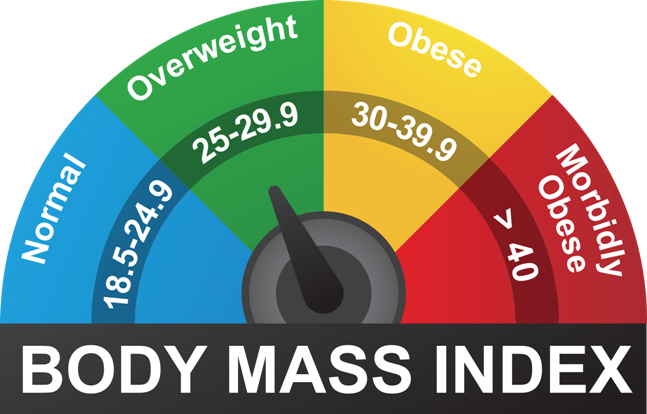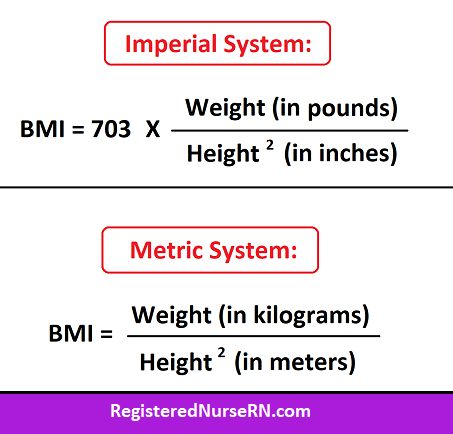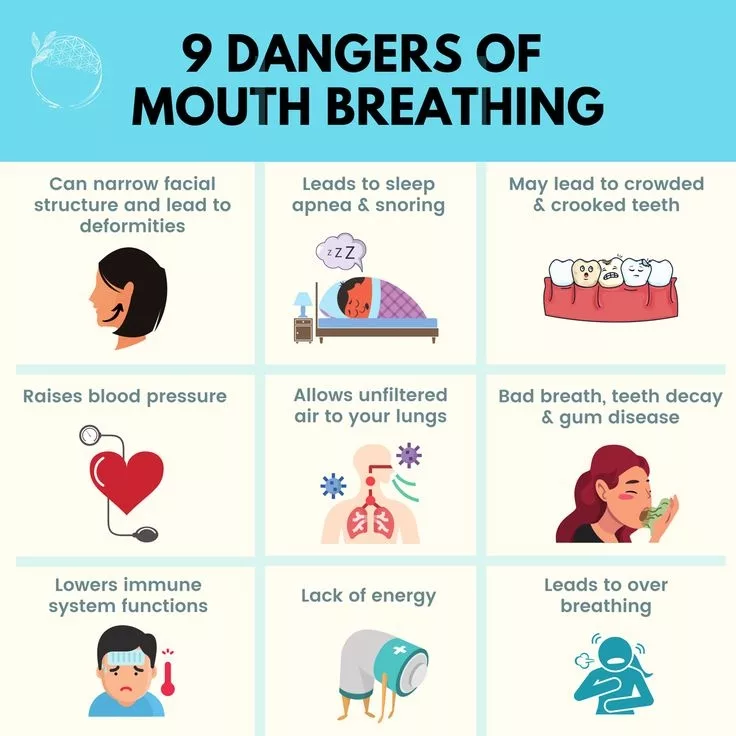The Risks of a Body Fat Index Above 26.2: How to Protect Brain Health
Hello♡ Today, I want to talk about the concerns regarding body fat index and brain health. A body fat index above 26.2 can affect brain health. Let’s explore healthy habits together and share ways to protect our brain health! Let’s enjoy a healthy life together.

What is Body Fat Index?
The Body Fat Index (BFI) is an indicator of an individual’s body fat amount. Generally, body fat is expressed as a portion of body weight and serves as an important energy storage in our body. However, excessive body fat can have negative impacts on health.
Meaning of a Body Fat Index Above 26.2
A body fat index above 26.2 falls into the category of obesity. Obesity can lead to serious health problems and increase the risk of various diseases. Particularly, it can negatively impact brain health, leading to symptoms such as cognitive decline, memory loss, and depression.
Impact of High Body Fat Index on Brain Health
A high body fat index can directly affect brain health. Excess fat promotes inflammatory responses and can cause abnormal lipid levels in the blood. This can harm the health of brain vessels and reduce their ability to supply adequate blood flow to the brain. Additionally, excess fat can lead to insulin resistance, increasing the risk of metabolic diseases such as diabetes.

Brain Diseases Associated with a Body Fat Index Above 26.2
A body fat index above 26.2 can increase the risk of various brain diseases. Obesity is linked to brain diseases such as dementia, Parkinson’s disease, and depression, and it is known that excess body fat negatively affects brain tissue. Moreover, excess fat can increase inflammatory responses in the brain, leading to neuronal damage.
Diet and Nutritional Management for Brain Health
To maintain brain health, a proper diet and nutritional management are essential. To lower body fat index, it is advisable to consume low-fat, high-protein foods. Fresh fruits and vegetables, as well as adequate hydration, are also important. Nutrients like omega-3 fatty acids and vitamin B12 can also support brain health.
Exercise Programs to Lower Body Fat Index
Exercise is highly effective in lowering body fat index. Combining aerobic and resistance training can improve strength and flexibility while promoting weight loss. For example, aerobic exercises include walking, running, and swimming, while resistance training can involve weight training and Pilates.

- Cardio Exercises:
- Walking: A simple exercise that can be easily incorporated into daily life; it’s important to walk consistently.
- Running: Effective for burning calories and improving cardiovascular function.
- Swimming: A full-body workout that helps reduce body fat without putting stress on the joints.
- Cycling: An aerobic exercise that can help build lower body strength while reducing body fat.
2. Resistance Exercises:
- Bodyweight Exercises: Using your own body weight for exercises like push-ups, squats, and lunges can increase muscle mass.
- Weight Training: Using dumbbells or barbells to strengthen muscles, which helps increase basal metabolic rate and contributes to fat loss.
3. HIIT (High-Intensity Interval Training):
- A method that involves performing high-intensity exercises for short periods followed by brief rest intervals, effectively helping to reduce body fat.

4. Yoga and Pilates:
- Effective for increasing flexibility, strengthening muscles, and reducing stress. Both can also aid in weight management.
5. Creating an Exercise Routine:
- It’s important to combine various exercises and maintain a routine of exercising 3 to 5 times a week for at least 30 minutes.
6. Incorporating Exercise into Daily Life:
- Increasing activity levels by using stairs instead of elevators or walking short distances can also help reduce body fat.
Stress Management and Brain Health
Stress is a major factor that can negatively impact brain health. To lower body fat index and protect brain health, stress management is essential. Activities such as meditation, yoga, and breathing exercises can help achieve psychological stability, and adequate rest and sleep are also important.

Sustainable Lifestyle Improvement Strategies
To maintain a body fat index below 26.2 and protect brain health, sustainable lifestyle improvements are necessary. Consistent dietary and nutritional management, regular exercise, stress management, and sufficient rest are crucial elements. Additionally, positive thinking and social connections can also help maintain brain health.

In this way, we have explored the risks of a body fat index above 26.2 and how to protect brain health. Managing body fat and brain health are vital elements for our lives and happiness, so continuous attention and effort are needed. Let’s make the right choices and practice proper management for a healthy brain!






